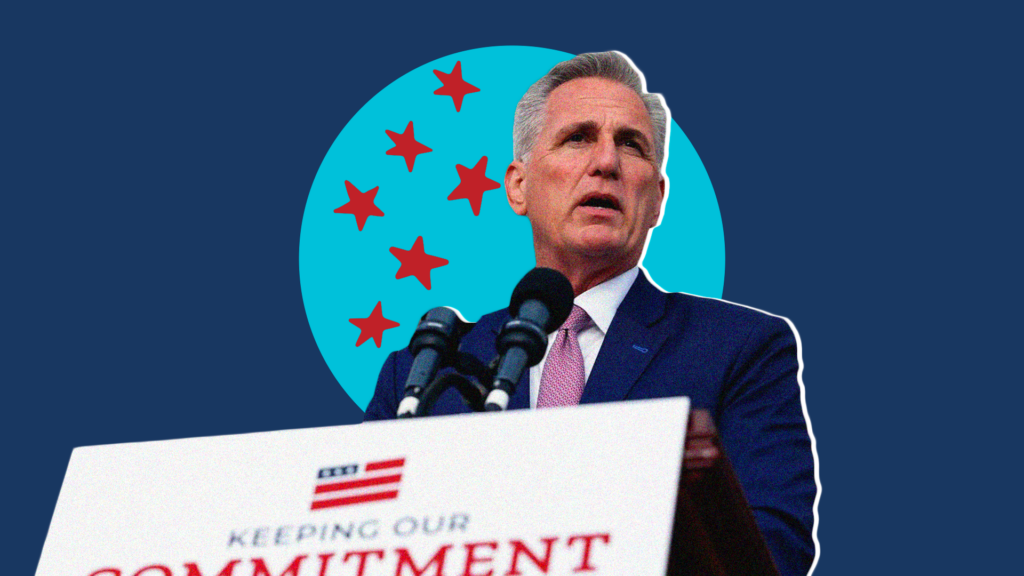Flat Tax vs. Fair Tax
The current U.S. tax system is huge convoluted mess. The Internal Revenue Service (IRS) has six federal income tax brackets ranging from 10 to 35 percent. Our so-called progressive tax system punishes the most productive members of society with a higher tax rate. The current tax system is riddled with loopholes and biases that hurt individuals who save money for the future. Not only does our tax code treat citizens differently but it is hopelessly complicated. According to the IRS, the average taxpayer spends 26.5 hours preparing and sending in their taxes. The ever-growing Internal Revenue Code is now over 3 million words. It’s far too complex, intrusive and long.
We can all agree that we clearly need to fix the tax code. The two most common tax reform proposals are the flat tax and the fair tax. Which one is best? First, both the flat tax and the fair tax (if implemented correctly) would likely be better than the current tax system. As Cato Institute scholar Dan Mitchell says, “from an economic perspective, the flat tax and the national sales tax (or fair tax) are virtually identical. Both would junk the current system. Both would restore fairness by taxing at one low rate. Both would eliminate all forms of double taxation.”
FreedomWorks has long concentrated our efforts on implementing a flat tax. The flat tax is simple and would generate more economic growth than the status quo. Instead of our current multi-rate tax system, a flat tax would tax all individuals at the same rate. Under a 10 percent flat tax, someone making $100,000 annually would pay a $10,000 federal income tax. It’s a simple equation. It would not punish productive members of society with a higher tax rate.
I personally advocate the flat tax being as low as possible. Of course, any tax reform should be accompanied by significant spending cuts. The flat tax would remove special interest loopholes from the tax code and allow individuals to file their taxes within five minutes on a form the size of a postcard. It can be implemented through the normal legislative process and it has been successful in dozens of other countries. So far, the flat tax has been adopted in roughly 24 countries. There’s a flat tax revolution going on around the globe and the United States needs to jump on the bandwagon.
I can understand why the fair tax is very appealing to many limited government activists. It has various benefits similar to the flat tax, such as overhauling the current tax code and eliminating all forms of double taxation. The fair tax, however, could be dangerous. If we don’t repeal the 16th Amendment first, we could end up with both an income tax and a national sales tax. The politicians in Washington would love to have both sources of money. Several European governments have added a national sales tax on top of their federal income tax. The same trick could happen in America if we aren’t careful.
Fair tax advocates claim that it would get rid of the IRS but it would likely be replaced with another agency by a different name. The proposal promises that most individuals will get a monthly prebate paid in advance. The amount of the prebate is determined by the Department of Health & Human Services’ poverty level guidelines. Who would administer this? Unlike the flat tax, the fair tax as a replacement for the income tax has never been implemented in any country. We have no real world examples of what a fair tax would look like in action. Perhaps the fair tax isn’t as politically feasible as the flat tax. It’s important to remember that repealing a constitutional amendment requires the approval of 290 House members, 67 Senators and a majority of the legislatures in three-fourths of the states.
An immediate goal should be to enact a low, single-rate flat tax to greatly improve the tax system. Unfortunately, we have to take it one step at a time. Cato Institute scholar Dan Mitchell has mentioned a proposal that says “in the short run, we rally behind a flat tax. Once that simple and fair system is implemented, we then seek a constitutional amendment that would prohibit an income tax.” We all may have different immediate and ultimate objectives. But we shouldn’t let the perfect be the enemy of the better.
As the quote commonly attributed to Winston Churchill goes, “there is no such thing as a good tax.” All taxes hamper economic growth, distort production and punish individuals to varying degrees. With that said, there are tax systems that are worse than others. It’s clear that the current tax code needs to be overhauled. The flat tax is the most political feasible way of improving our tax system for now.



